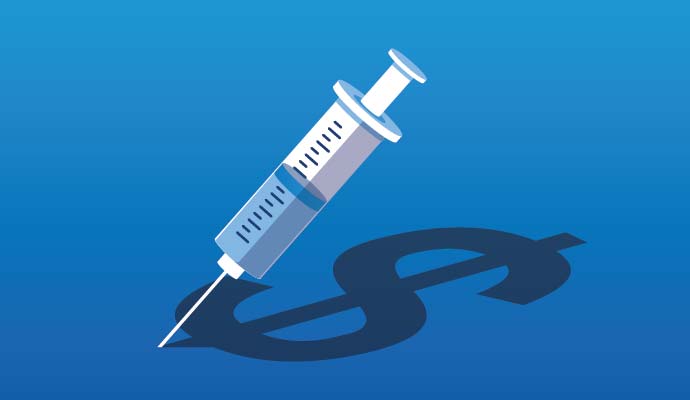Trump Pursues Most Favored Nation Strategy for Lower Drug Prices
A new executive order aims to lower prescription drug prices by expanding the drugs covered under the “most-favored-nations” pricing scheme, which includes both Medicare Part B and D.

Source: Thinkstock
- President Trump signed an executive order yesterday to lower prescription drug prices by “putting America first,” but experts are unsure if this move will have a direct impact on rising costs.
Under the new executive order, the drugs covered under the “most-favored-nations” pricing scheme, which includes both Medicare Part B and Medicare Part D, will be expanded.
The “most-favored-nation price” means the lowest price after adjusting for volume and differences in national gross domestic product.
Under the executive order, HHS Secretary Alex Azar is ordered to immediately take appropriate action to test a payment model in which which Medicare would pay no more than the most-favored-nation price.
The payment model would test whether patients paying the lowest possible price for their care would mitigate poor clinical outcomes and increase expenditures associated with high drug costs.
“Just signed a new Executive Order to LOWER DRUG PRICES! My Most Favored Nation order will ensure that our Country gets the same low price Big Pharma gives to other countries. The days of global freeriding at America’s expense are over,” Trump said in a statement.
The executive order comes two months after Trump signed four executive orders, which aimed to lower drug prices by eliminating kickbacks to middlemen, like pharmacy benefit managers (PBMs), and increased drug importation.
During COVID-19, the need for affordable Medicare Part B drugs is increasing due to the levels of unemployment the pandemic brought to the US.
“It is unacceptable Americans pay more for the exact same drugs, often made in the exact same place,” the executive order said.
“Other countries’ governments regulate drug prices by negotiating with drug manufacturers to secure bargain prices, leaving Americans to make up the difference, effectively subsidizing innovation and lower-cost drugs for the rest of the world.”
Some organizations have voiced their opinions on the new executive order, including PhRMA president and CEO Stephen J. Ubi, who said that this order is an “irresponsible and unworkable policy.”
“The favored nation policy will give foreign governments a say in how America provides access to treatments and cures for seniors and people struggling with devastating diseases,” Ubi said in a statement.
“What’s worse is that they are now expanding the policy to include medicines in both Medicare Part B and Part D, an overreach that further threatens America’s innovation leadership and puts access to medicines for tens of millions of seniors at risk. Rather than emulating countries that allow politicians to arbitrarily decide what medicines are worth and what diseases are worth investing in, we should use existing trade enforcement tools to prevent them from freeloading off American innovation.”
